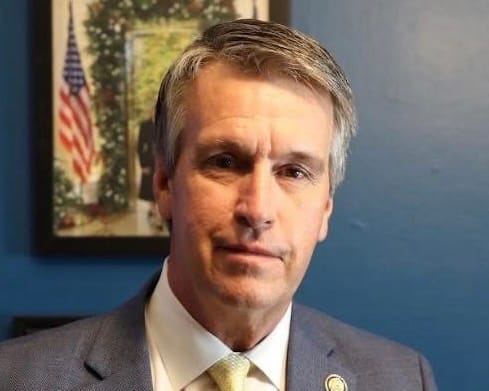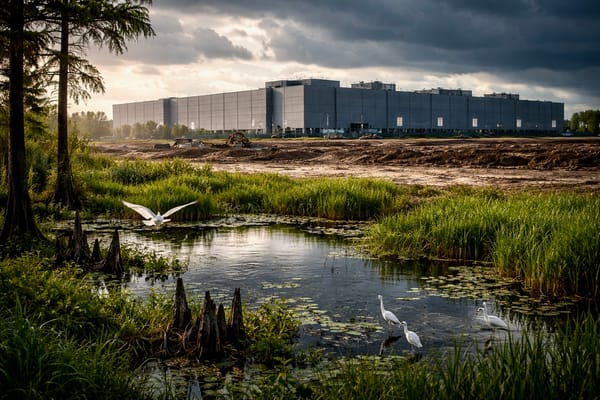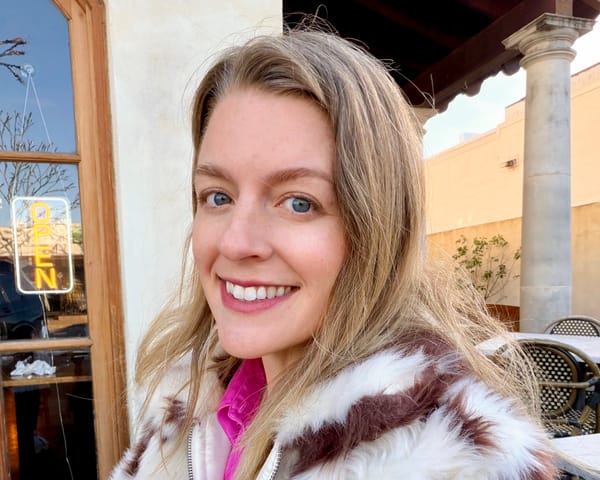Why We Must Support the Alabama Good Samaritan Wildlife Rehabilitation Act: A Story of Loss and Advocacy

Guest Opinion by Ziek Wahl
I started writing this op-ed about the desperate need for HB448, The Alabama Good Samaritan Wildlife Rehabilitation Act, when I received a story so compelling that I felt compelled to share it.
Autumn’s Story
By Alisa M. Ardmore
(Huntsville area, AL)
“In 2018, I was a licensed wildlife rehabilitator with 15 years of experience as a veterinary technician.
“Over the years, I had cared for several wildlife species and even paid over a thousand dollars of my own money to acquire 501(c)(3) nonprofit status. This allowed me to ensure that any donations I received were directly accountable and helped the animals in my care. Toward the end of the year, I received a call about a juvenile bobcat that had been hit by a car near Birmingham. I picked her up and began raising funds for what I knew was a serious injury. It being fall, and needing a name for her, I chose "Autumn."
“After raising $2,000 to fix Autumn's hip, I spent weeks evaluating her chances of returning to the wild.
“Despite her ability to walk, it became clear she could not evade danger efficiently in the wild. My veterinarian wrote a letter and signed a health certificate, allowing me to transport Autumn to a USDA-certified in-state facility for long-term care. I traveled six hours, still within Alabama, knowing that the facility was well-equipped to care for her.
“The very next day, I received a phone call from the facility owner: Alabama Fish and Wildlife had confiscated Autumn, claiming neither of us had the right to possess her. I was at work when the call came in, and I immediately began calling every contact I had to track down where she had been taken.
“Marianne Hudson, who had previously conducted my facility check, had authorized the search. Despite no warrant being issued, the search proceeded.
“I tried reaching Marianne for hours, leaving numerous messages. I had already contacted a rehab center in Orange Beach that agreed to take Autumn and attempt further rehabilitation if release was possible, rather than euthanizing her. Autumn was healthy in every way except for her hip injury, which only slowed her down slightly. Seven hours later, Marianne finally called me back, only to tell me she had ordered Autumn euthanized—and she chuckled as she told me. She then told me not to bother renewing my rehabilitation application, as it probably wouldn't be approved.
“When I asked why, she claimed I had no authority to transport Autumn to a USDA-certified facility without her approval, despite the fact that the permit paperwork clearly stated that animals could be placed in such facilities within state lines without special permission.
“Devastated, I spent weeks feeling as if I had failed as a rehabber. Very few people enter this field for anything other than a love for wildlife and a desire to give them a fighting chance. It's heart-wrenching to see that while a purebred dog can have an owner who spends thousands of dollars to ensure its well-being, our wildlife often receives little care when they suffer from human-caused trauma like land development, traffic accidents, or poisoning from lawn chemicals.
“When you lose an animal, even though you’ve done everything you could, the only solace comes from knowing you tried your best. But when an animal dies because of someone’s negligence or malice—especially someone in authority over wildlife—it devastates you. It took months for me to recover from
“Autumn's loss. The emotional toll was heavy, especially when Marianne threatened to keep a close eye on my activities moving forward.
“I had previously expressed interest in acquiring an Eastern hognose snake to educate the public about the vital role such creatures play in Alabama’s ecosystem. But Marianne made it clear that if I were to get one, I’d need her approval first—or else she’d be visiting my home again.
“Through all of this, I realized something needed to change, but I felt isolated and powerless against
“Fish and Wildlife’s power. However, as more stories came to light, I began to understand the level of disregard some individuals in authority had for Alabama’s wildlife.
“Today, I tell Autumn’s story—not because of the tragic outcome, obviously, but because I promised that her death would not be in vain. Even as I write these words, tears flow as the feelings of failure resurface. But deep down, I know I did everything I could for her, and it was the actions of specific individuals within Alabama Fish and Wildlife that resulted in her untimely death.
“This may seem insignificant to some, but if we fail to act, Alabama’s wildlife will continue to suffer the same fate as endangered species like the Eastern Indigo Snake or the Gopher Tortoise. If you claim to care about Alabama’s conservation and wildlife, this should matter to you. What does it say about our government systems, if we can’t even care for our wildlife properly?
“While I have my own family and obligations, I will always advocate for Alabama’s wildlife. I’ve lived here most of my life, and few places on earth offer such a rich diversity of life. Our wildlife deserves protection. It deserves advocates who genuinely care, not just those seeking a paycheck or the status that comes with a title.”
Let that sink in:
A fully permitted rehabber, following the law, providing expert care, was penalized for doing the right thing. An innocent animal lost her life not because of injury or suffering, but because of bureaucratic overreach and a blatant disregard for compassion and science-based wildlife management.
This is not an isolated incident. Many in the wildlife rehabilitation community have similar stories of fear, intimidation, and helplessness in the face of unchecked authority. It’s clear we need structural reform — and HB448 is the first step.
The Alabama Good Samaritan Act would provide legal protections to those who rescue and rehabilitate wildlife in good faith, offering clarity and protection in situations where immediate care or relocation is necessary for the animal's survival. It supports collaboration between individuals, licensed facilities, and state agencies — rather than the adversarial environment we see today.
More than that, HB448 acknowledges a fundamental truth: our wildlife deserves a chance.
Alabama’s natural heritage is irreplaceable. From the longleaf pine forests to the biodiverse river systems, our ecosystems rely on a delicate balance — one that includes predators like bobcats, pollinators, snakes, birds of prey, and countless other creatures that often wind up injured by human hands. If we allow bureaucratic red tape to dictate the fate of these animals, we fail in our responsibility as stewards of this land.
Autumn didn’t have to die. Her story — told through the tears and heartbreak of someone who tried everything — should ignite outrage, but also resolve. We must demand accountability, transparency, and humane practices in wildlife management. We must empower the people on the ground, the ones who clean wounds, bottle-feed orphaned fawns, and stand vigil through the night hoping an animal will pull through.
Supporting HB448 is not just a vote for wildlife — it’s a vote for decency, science, and our Alabama values of care and responsibility. It honors the memory of animals like Autumn, and the tireless individuals who work without recognition or reward to protect the voiceless.
To our legislators: pass this bill. To our citizens: call your representatives. And to our wildlife rehabbers: we see you, we value you, and we stand with you.
Let Autumn’s story be the catalyst for change.
To find your Alabama representative and urge their support for HB448, visit the Alabama House of Representatives website.
Opinions expressed do not reflect the views or opinions of ALPolitics.com.




